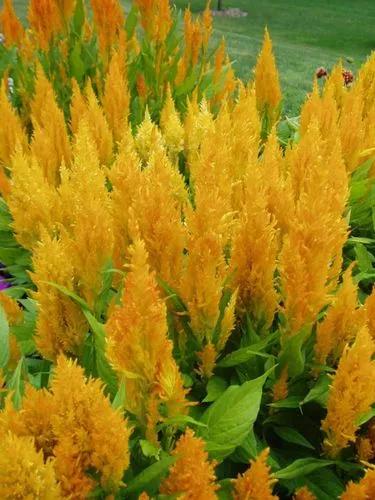The Compass Plant (Silphium laciniatum) is a tall, long-lived, low-maintenance perennial member of the sunflower family. It has a rough-haired stem and clusters of eye-catching yellow flowers that grow up at the top of the plant. Known for attracting a variety of pollinators, it's perfect if you want to encourage bees and butterflies to visit your garden.This meadow flower is traditionally found growing in the American prairies. It's not found as commonly in the wild these days because of the increasing loss of natural prairie habitat. The plant gets its name from the fact that its lobed leaves tend to point in a north-south direction. This would have helped it maximize the sun and water intake it got in the semi-arid, sometimes harsh prairie environment.
Compass Plant Care
Silphium Laciniatum



How to Care for the Plant

Water

Given that, in the wild, these plants thrive in dry prairie environments, it's no surprise that Compass Plants are fairly drought-tolerant and hardy.

Fertilizer

Given this is a hardy wildflower, you won't need to worry about providing additional feeding in the form of fertilizer.

Sunlight

This is a plant that needs sun and plenty of it. Think carefully about where you position it before planting.

Soil

Compass plants have a long, tapering central taproot. It's not unusual for them to be measured at well over ten feet in length. For this reason, you'll need to choose a spot where the soil is sufficiently deep enough.

Temperature

The plant is heat tolerant in zones 9 through 5.

Additional

There is a report that the plant might be toxic

Popularity

62 people already have this plant 14 people have added this plant to their wishlists
Discover more plants with the list below
Popular articles






